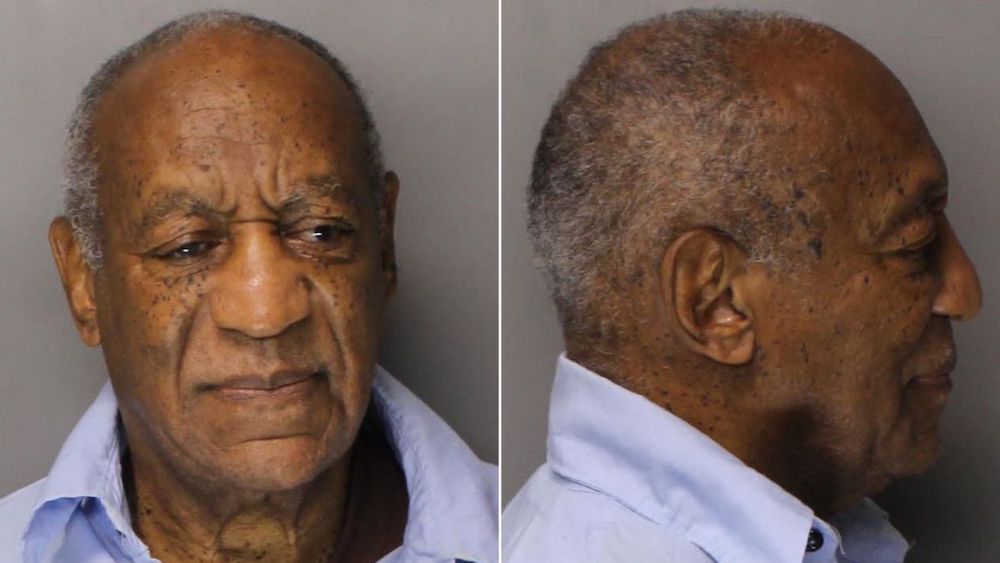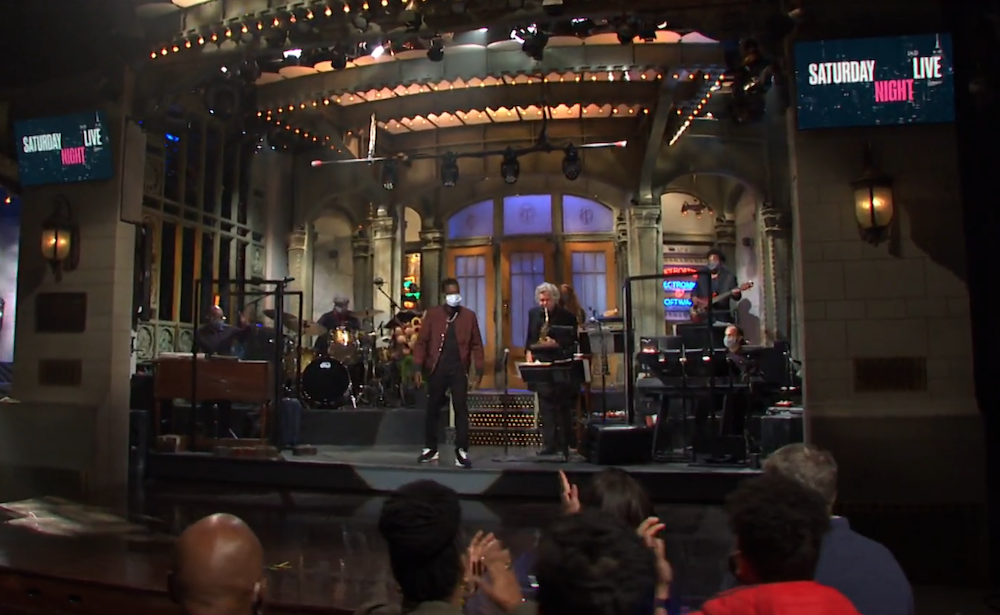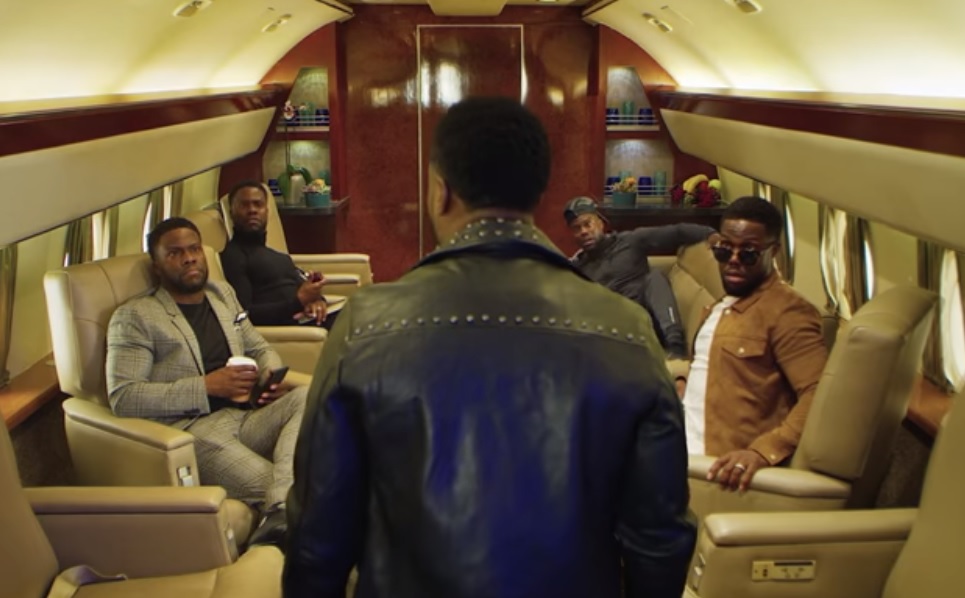BREAKING NEWS
The Pennsylvania Supreme Court has overturned the 2018 indecent assault conviction against comedian Bill Cosby and ordered his release.
The reason? The court ruled an agreement with a previous prosecutor prevented him from being charged in the case.
The previous prosecutor? Bruce Castor, who infamously represented Donald Trump with offensive nonchalance during Trump’s second impeachment trial.
From the first page of today’s ruling:
In 2005, Montgomery County District Attorney Bruce Castor learned that Andrea
Constand had reported that William Cosby had sexually assaulted her in 2004 at his
Cheltenham residence. Along with his top deputy prosecutor and experienced detectives,
District Attorney Castor thoroughly investigated Constand’s claim. In evaluating the
likelihood of a successful prosecution of Cosby, the district attorney foresaw difficulties
with Constand’s credibility as a witness based, in part, upon her decision not to file a
complaint promptly. D.A. Castor further determined that a prosecution would be
frustrated because there was no corroborating forensic evidence and because testimony
from other potential claimants against Cosby likely was inadmissible under governing
laws of evidence. The collective weight of these considerations led D.A. Castor to
conclude that, unless Cosby confessed, “there was insufficient credible and admissible
evidence upon which any charge against Mr. Cosby related to the Constand incident
could be proven beyond a reasonable doubt.”Seeking “some measure of justice” for Constand, D.A. Castor decided that the
Commonwealth would decline to prosecute Cosby for the incident involving Constand,
thereby allowing Cosby to be forced to testify in a subsequent civil action, under penalty
of perjury, without the benefit of his Fifth Amendment privilege against self-incrimination.Unable to invoke any right not to testify in the civil proceedings, Cosby relied upon the
district attorney’s declination and proceeded to provide four sworn depositions. During
those depositions, Cosby made several incriminating statements.
D.A. Castor’s successors did not feel bound by his decision, and decided to
prosecute Cosby notwithstanding that prior undertaking. The fruits of Cosby’s reliance
upon D.A. Castor’s decisionCosby’s sworn inculpatory testimonywere then used by
D.A. Castor’s successors against Cosby at Cosby’s criminal trial. We granted allowance
of appeal to determine whether D.A. Castor’s decision not to prosecute Cosby in
exchange for his testimony must be enforced against the Commonwealth
And from the final page:
The decision to charge, or not to charge, a defendant can be conditioned, modified, or revoked at the discretion of the prosecutor.
However, the discretion vested in our Commonwealth’s prosecutors, however vast, does not mean that its exercise is free of the constraints of due process. When an unconditional charging decision is made publicly and with the intent to induce action and
reliance by the defendant, and when the defendant does so to his detriment (and in some instances upon the advice of counsel), denying the defendant the benefit of that decision is an affront to fundamental fairness, particularly when it results in a criminal prosecution that was foregone for more than a decade. No mere changing of the guard strips that circumstance of its inequity. See, e.g., State v. Myers, 513 S.E.2d 676, 682 n.1 (W.Va. 1998) (explaining that “any change in the duly elected prosecutor does not affect the standard of responsibility for the office”). A contrary result would be patently untenable. It would violate long-cherished principles of fundamental fairness. It would be antithetical to, and corrosive of, the integrity and functionality of the criminal justice system that we strive to maintain.
For these reasons, Cosby’s convictions and judgment of sentence are vacated, and he is discharged
Read the full court order here.
The ruling was a split decision, with Justices Todd, Donohue and Mundy joining the opinion by Justice Wecht. Justice Dougherty filed a concurring and dissenting opinion in which Chief Justice Baer joined. Justice Saylor filed a dissenting opinion.
Cosby, 83, has served more than two years of his sentence (3-10 years) in state prison near Philadelphia, following his conviction of drugging and molesting Andrea Constand in 2004. When Cosby’s deposition from Constand’s civil lawsuit became unsealed, prosecutors charged him 2015 before the statute of limitations could expire. A first trial ended with a hung jury. In the second trial, the judge allowed more of Cosby’s victims to testify against him.
Just last month, Cosby was denied parole because he refused to register as a sex offender.
There’s no word yet on whether prosecutors will try a third time to convict the legendary stand-up comedian and TV sitcom star.
Cosby’s appeals lawyer, Jennifer Bonjean, said Cosby “should never have been prosecuted for these offenses,” adding: “District attorneys can’t change it up simply because of their political motivation.”
For his part, D.A. Kevin Steele, said Cosby won his appeal “on a procedural issue that is irrelevant to the facts of the crime.”
“My hope is that this decision will not dampen the reporting of sexual assaults by victims,” Steele said. “We still believe that no one is above the law — including those who are rich, famous and powerful.”




